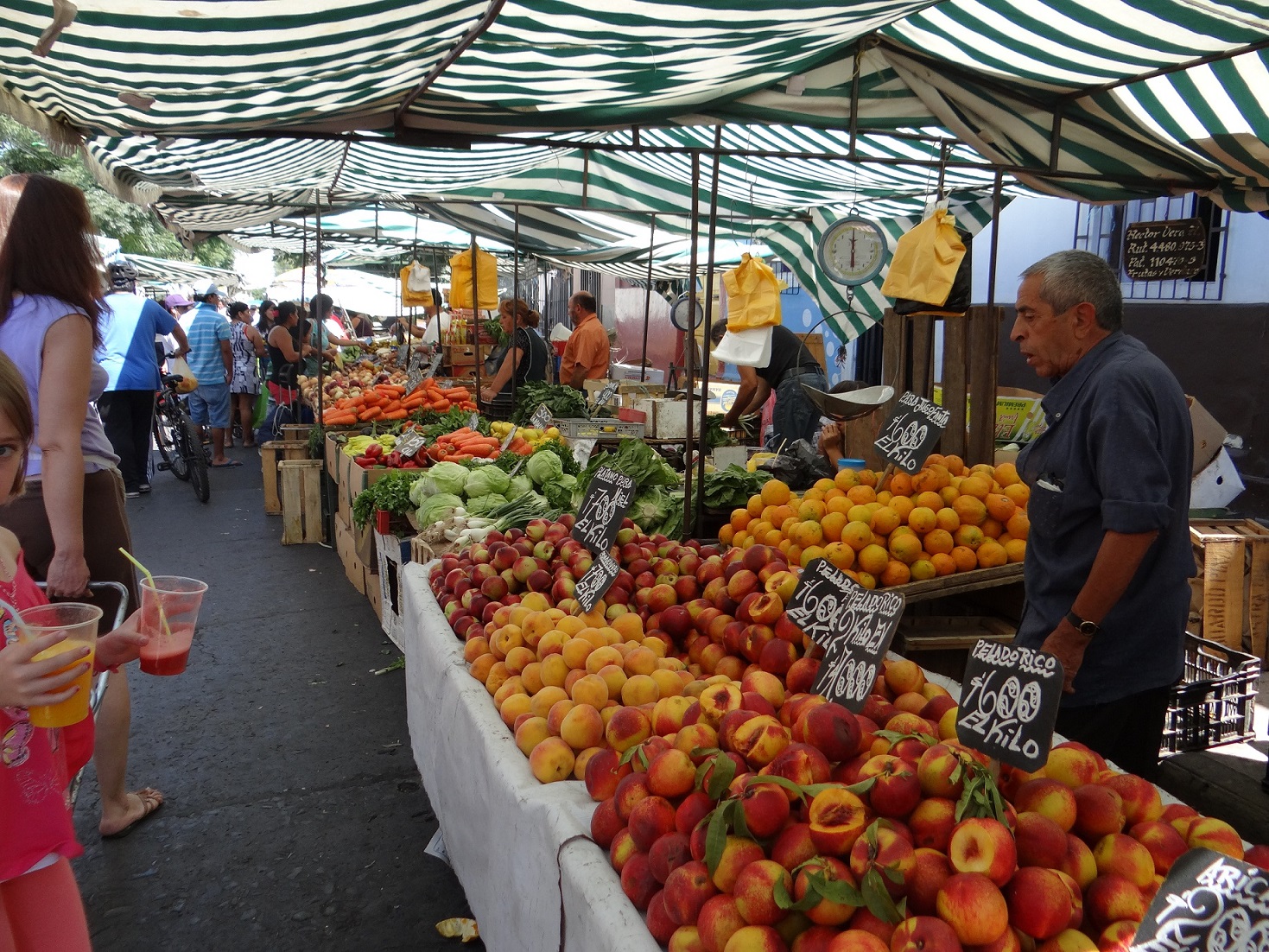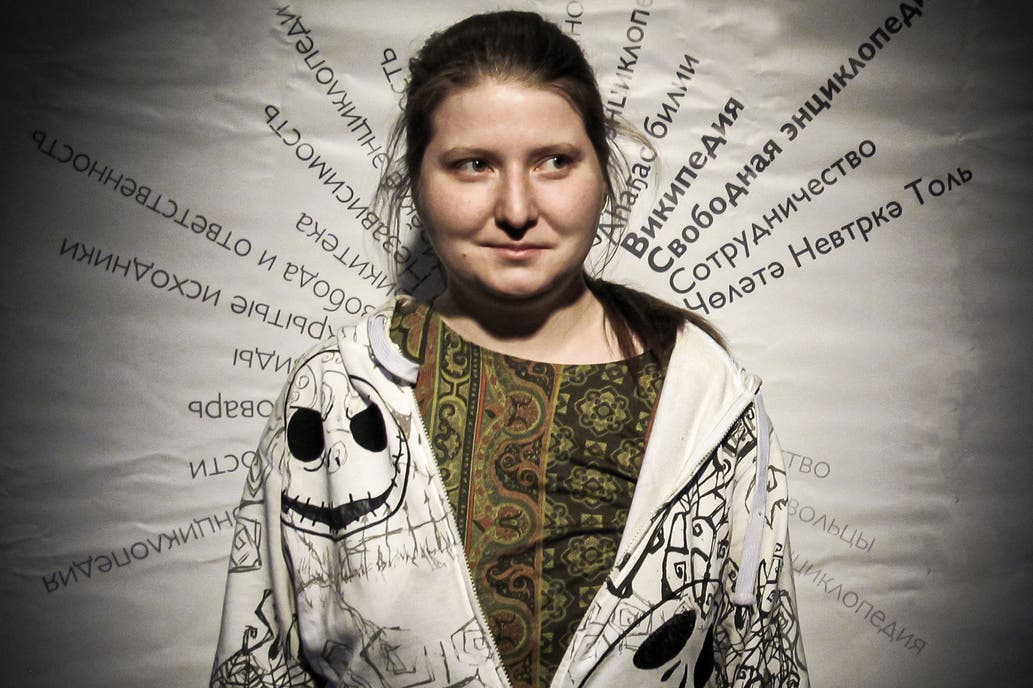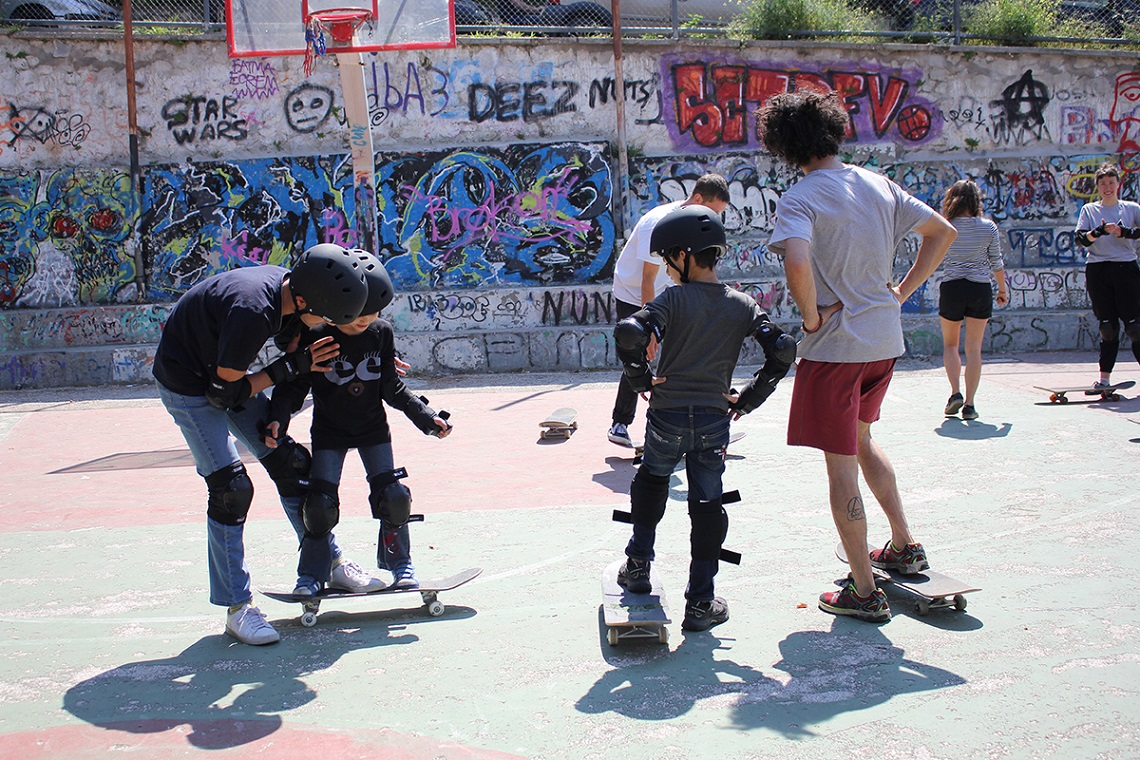Even before the COVID-19 pandemic, roughly 600,000 people in Chile were in a position of food insecurity—meaning they didn’t have reliable access to affordable, nutritious food.
The United Nations estimates that this has since risen to 1 million people.
At the same time, according to Luis Sáez Tonacca, an agricultural engineer and academic at the University of Santiago, more than 740 kilos of fruit, vegetables and potatoes are lost every day in each of the city’s food markets.
People in the city know that, and there has been an uptick in visits to markets to try and cover their basic food needs.
“Many people go to markets to look for food products that are not sold because of a defect in the product, or because they’re too ripe,” Sáez said, as quoted on the University of Santiago website. “These needs, which were invisible before, have become much clearer during the healthcare crisis.”
Micro food banks
Alongside researchers in his department and two national food agencies, the academic has developed a way to tackle this hunger: micro food banks.
These are stalls in local markets in which food that is about to be thrown away by other traders can be cleaned and safely distributed to people in need.
In 2014, Sáez and his team began a version of this project, collecting fruit and vegetables in markets then set themselves up in public places with a team of volunteers to make juices and salads with these items.
“Now we want to do [this work] inside the market,” Sáez said. “In other words, to have a special stall in which university volunteers can collect the food, clean it, disinfect it, and leave it available for social organisations — through what we’ve called ‘micro food banks’.”
https://globalshakers.com/the-donations-only-restaurant-where-all-are-welcome/
The academic estimates being able to recover 100kg of the 740kg lost per market each day, from which around 200 people could be fed for free.
This would also be safer: sometimes people come in to take products from the market floor, which is particularly dangerous in the midst of the COVID crisis.
“We want local councils to authorise one more stall in the market…to gather the food before it falls on the floor,” Saéz said, adding a desire to provide food to people in a way that was dignified, and which also helped to educate the local population about benefits of eating healthily.
The project is already in motion with three markets in the capital — Mapocho; José Arrieta; and ‘La Feria Grande’ — to demonstrate the viability of a city-wide scheme.
“Market traders, when they start to sort through their fruit and veg, make it clear that there are products they didn’t manage to sell, and normally, they throw them away,” Saéz said.
“What we want to do is go around those stalls, receiving voluntary donations.”




